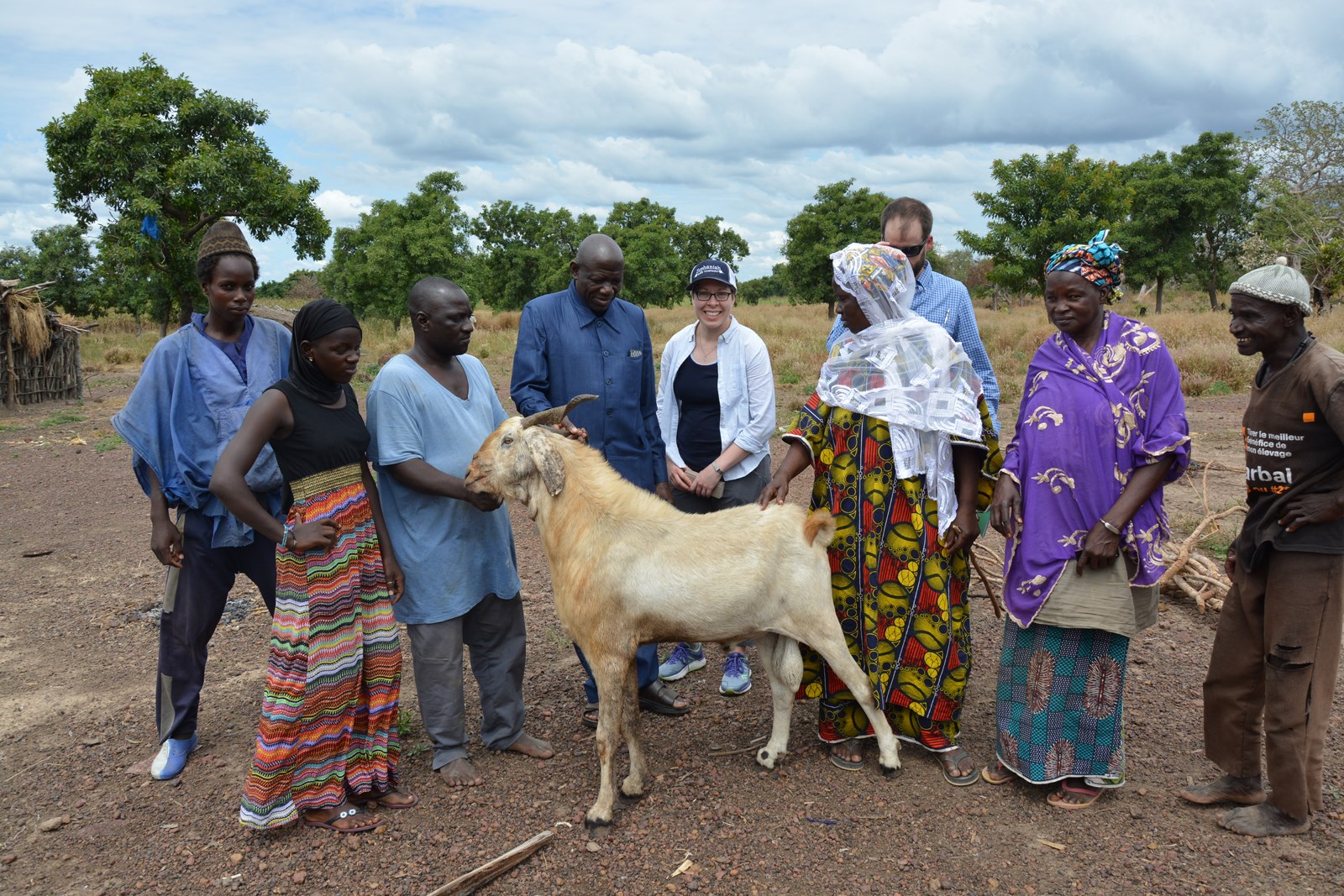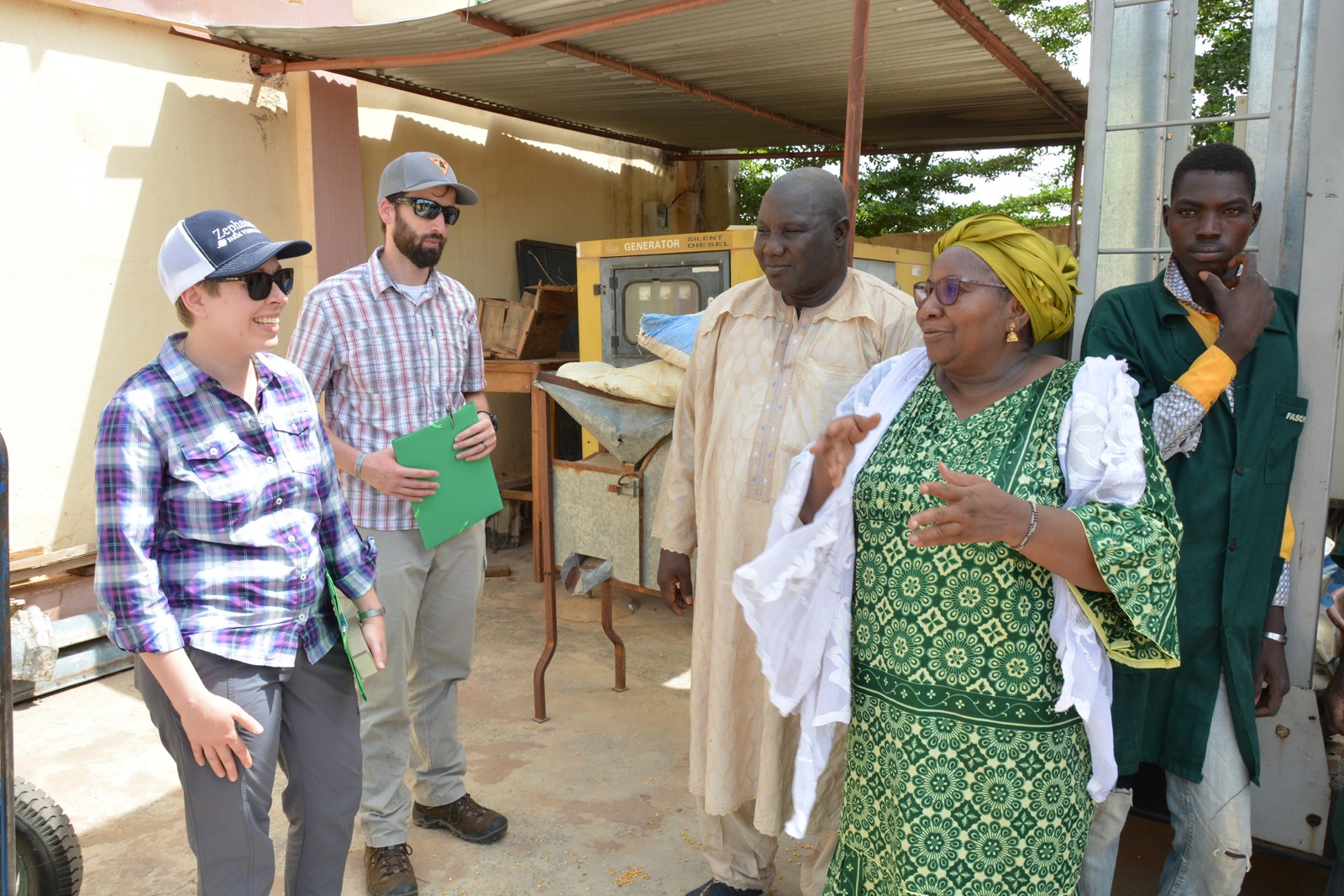
Volunteer Post
Knowledge Has No End
USAID Visits the Farmer-to-Farmer Program in Mali
Bara Kassambara
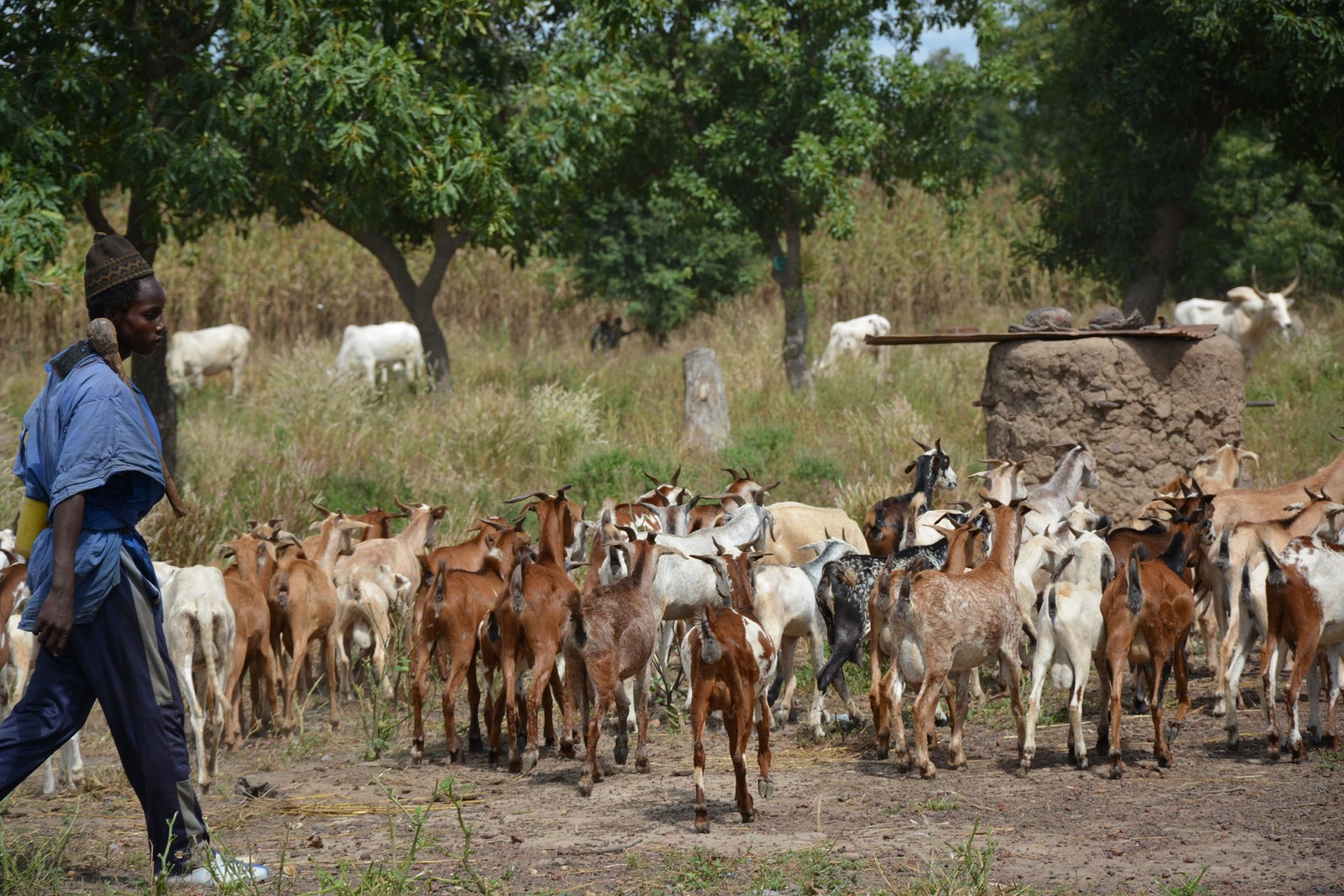
On Tuesday, October 22, 2019, two USAID representatives, Erin Baize and Kevin Fath, accompanied me on a visit to the Katibougou Farmers’ Cooperative (BFC). We met with the cooperative’s president, Mr. Amadou Diaby and four of their members (3 women and 1 man). The cooperative president took us on a tour of his farm and then conducted a briefing on the cooperative’s activities, achievements, constraints, and perspectives for growth. During the briefing, he told us that his first encounter with the USAID-funded Farmer-to-Farmer (F2F) program was when a farmer that he met in the market of a nearby village told him about the program. The farmer gave him a contact number to call the F2F country director to request for technical assistance. Shortly after, in September 2010, the cooperative received its first F2F volunteer, who trained them on organizational capacity building. Subsequently, the cooperative members received training from both Mali Agricultural Value Enhancement Network (MAVEN) F2F project and Common Pastures’ Sustaining Flocks, Farms, and Families project (F3P) F2F programs:
- Improving Small Ruminant Herd Management Through Appropriate Bookkeeping with Women’s Cooperative “Sigi Tè Mogo Son” of Katibougou in September 2011
- Improved Small Ruminant Health & Management in Koulikoro – Use of Solar Stove to Reduce Deforestation in June 2015
- Improved Small Ruminant Nutrition through Local Forage Trees
- Facilitate the Intercropping of Legume Forage Trees on Small Farms and Establishment of a Demonstration Site in April 2015
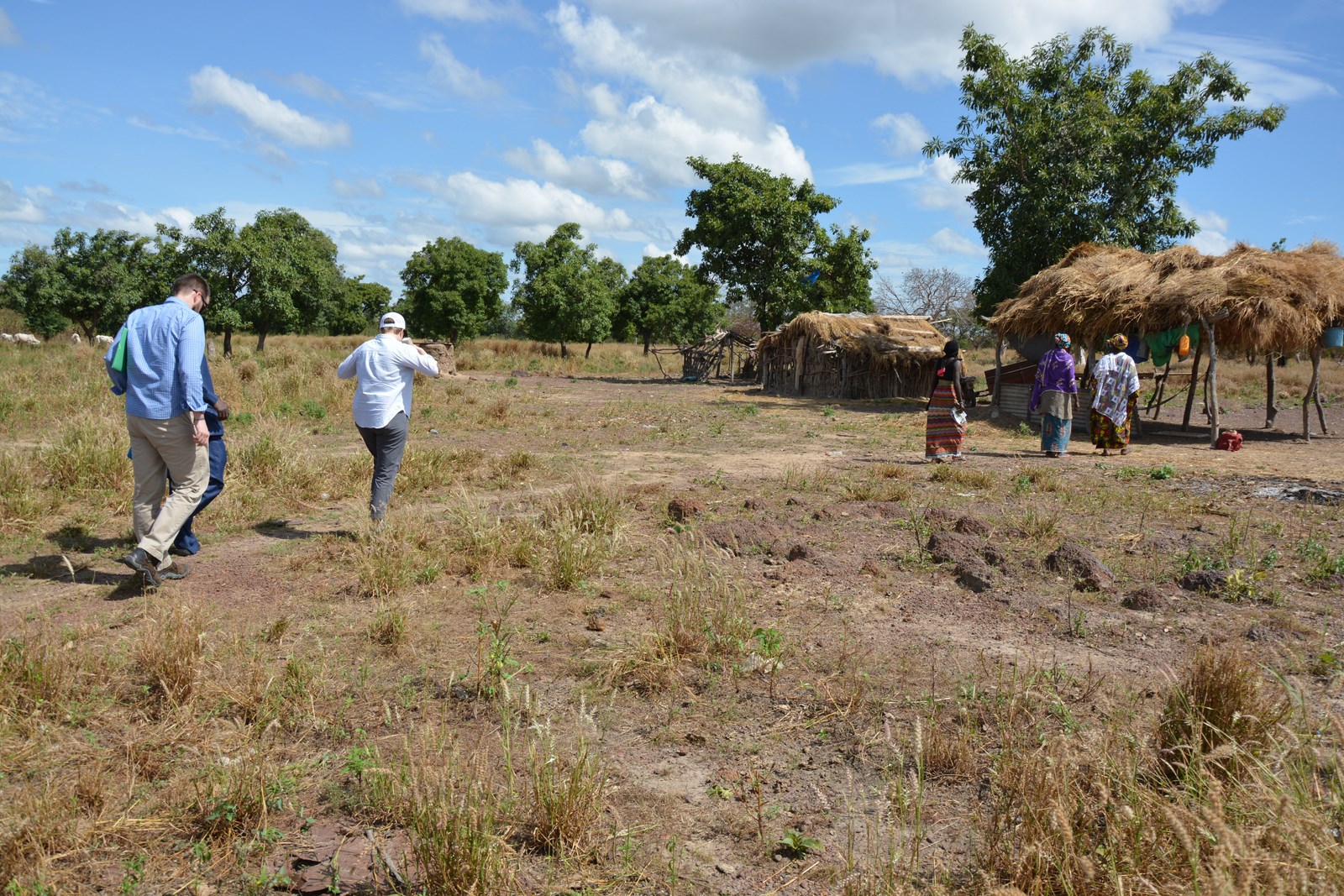
The cooperative president explained that before F2F support, he was farming dwarf goats and his herd was a total of 25, including 20 females. He was milking his animals twice a day and could only collect 3 liters of milk per day, just enough for his family’s consumption. Thanks to a program donation, in 2017 the cooperative received one improved breed Sahelian buck and was trained on animal reproduction and crossbreeding. Today, all the cooperative members are rearing goats that have at least one offspring from the improved goat. In addition, Mr. Diaby sold or gave away for free 50 improved offspring to neighboring farmers. It should be noted that Common Pastures F3P provided the cooperative with equipment including community pharmacy of veterinary drugs and supplies, precision balance, Burdizzo Castration Device, hooves pliers, laminated tables of eye score (FAMACHA), body condition scoring tool, and 500 plants of forage trees of three species including Leucaena, Gliricidia and Moringa.
Mr. Diaby confirmed that he is illiterate and therefore to earn his living he relies on agricultural activities, especially goat farming because of its rapid growth, easy farming, and quick marketability. By attending F2F training and applying techniques learned, Mr. Diaby has had the following improvements and successes:
- To date, he hasn’t any dwarf goats in his herd and thanks to the breeding program, his goats’ milk yield increased from 3 liters per day to 8-10 liters; that means he is able to sell 5-7 liters of milk at approximately $1.40 per liter. That is an income of $7 per day or $210 per month;
- There is a lot of demands for the improved goat he can’t yet fully meet. From 25 goats, his herd increased to more than 100 goats; and from $20 per head for adult goat, he is selling a newborn at $20 and for more when they are grown;
- Before cooperative members did not provide colostrum to newborns and now they are early fed with it and kids death decreased significantly;
- As prevention is better than cure, all the cooperative members are assessing their herd daily in order to take care of the little concerns are able to then call for the veterinarian for the bigger concerns;
- The best improvement from this year is that he has been able to separate the males and females and synchronize the crossbreeding. His latest group of 54 newborns (26 males and 28 females) are all a month old and can be reared easily; and
- Lastly, he is not primarily farming goats for meat, but instead producing and selling improved goats for crossbreeding. When selling his improved goats to farmers, he always takes the time to provide advice on best practices of care and growth. Sometimes he even visits the customer on his/her farm to motivate them further towards progress.
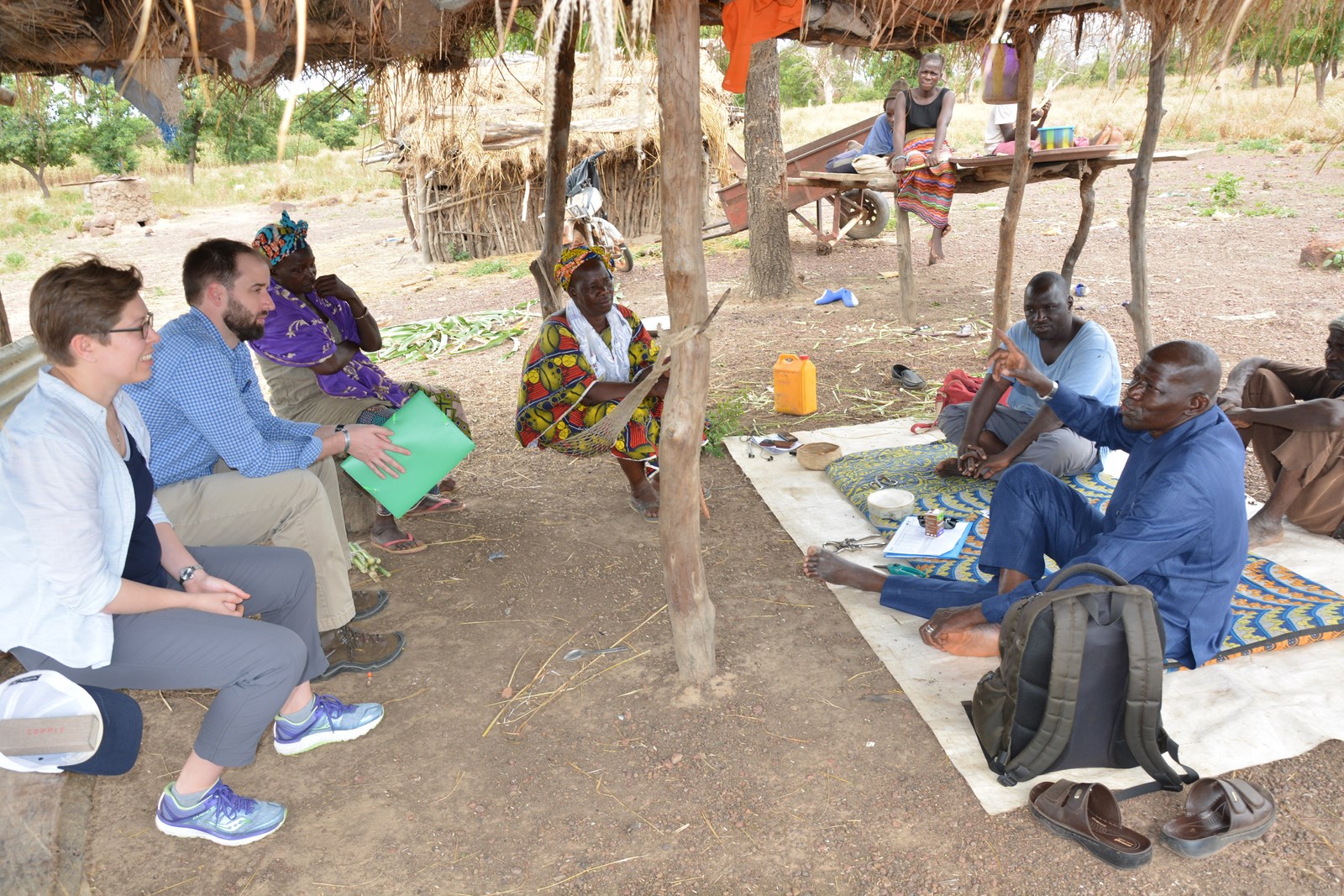
He also said, “My vision for the future is to convert my improved goat production into a real business by fencing my farm, enlarging my well for more water, continuing to improve my breeding, synchronizing births, building a larger shelter for goats to prevent hoof diseases and collecting manure for my crop field. Of course, I will also continue learning from F2F volunteers, other partners and farmers as knowledge doesn’t have an end.”
F2F training is still in demand. During the meeting, the women cooperative members asked for training for poultry farming and vegetable growing.

At the end of the meeting, Kevin asked Mr. Diaby if he tracked newborn deaths. Mr. Diaby responded, “With certainty. Before this [newborn death] was a major issue but I found the solution of early vaccination of newborns even a day old in addition to good feeding and close assessment helps prevent this; I remember the volunteer Scott Haskell recommendation: Stop – Look – Listen.”
After expressing their sincere thanks to cooperative members for their availability, Erin, Kevin, and I went back to Katibougou Village where we shared and enjoyed a lunch consisting of “Tô” a cooked local millet in hard pasta and okra sauce. It was very nice to share a meal and these experiences with our USAID colleagues and enjoyed hosting Erin in Mali.
